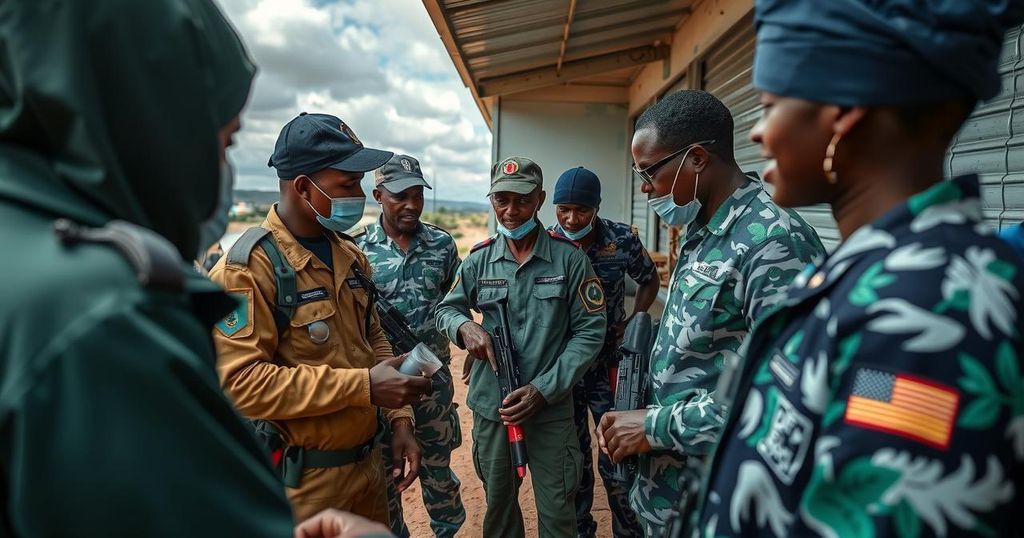Mozambique faces a significant humanitarian challenge with over 25,000 refugees and 716,878 internally displaced persons due to violence and climate change impacts. UNHCR is actively involved in providing protection and assistance while promoting quick returns and integration into national systems. The recent cyclones have highlighted the country’s vulnerability, emphasizing the need for comprehensive support for displaced communities.
As of September and October 2024, Mozambique is home to approximately 25,000 refugees and asylum seekers, amidst a context where 716,878 individuals are internally displaced due to violence from non-state armed groups and the severe impacts of climate change. Mozambique remains one of the most vulnerable nations to climate crises, experiencing devastating events such as the double landfall of Tropical Cyclone Freddy in early 2023, which impacted over one million people and led to the displacement of around 184,000 individuals.
The United Nations High Commissioner for Refugees (UNHCR) collaborates closely with various stakeholders, including the government, to provide essential protection and support services to refugees, asylum seekers, internally displaced persons (IDPs), and host communities. Efforts are made to invest in resiliency and promote sustainable solutions to displacement. Remarkably, over the past year, 610,981 people have returned to their places of origin, although many face significant challenges due to inadequate infrastructure and support services.
UNHCR mandates that all movements of refugees and IDPs must be conducted in a manner that is informed, safe, voluntary, and dignified. Furthermore, the agency advocates for the integration of refugees and IDPs into national systems and services, contributing to national data collection and climate contingency planning. To bolster these efforts, UNHCR is strengthening its cooperation with development and peace-building organizations to ensure displaced populations are included in broader community support initiatives.
The situation in Mozambique regarding refugees and internally displaced persons is complex and multifaceted, largely influenced by ongoing conflicts and natural disasters. The country’s geographic location makes it particularly susceptible to climate-related adversities, which exacerbate existing vulnerabilities. The dual impact of armed conflict and environmental disasters necessitates a comprehensive response involving various stakeholders, including humanitarian, governmental, and development sectors, to address the needs of affected populations.
In summary, the ongoing humanitarian crisis in Mozambique illustrates the urgent need for collaborative efforts between the UNHCR and various stakeholders to support refugees and internally displaced persons. Emphasizing the importance of dignified and informed return processes, UNHCR advocates for the inclusion of displaced individuals in national systems to foster resilience and community development. As the situation evolves, continued engagement and support will remain critical for sustainable solutions to the challenges faced by affected populations.
Original Source: reliefweb.int






